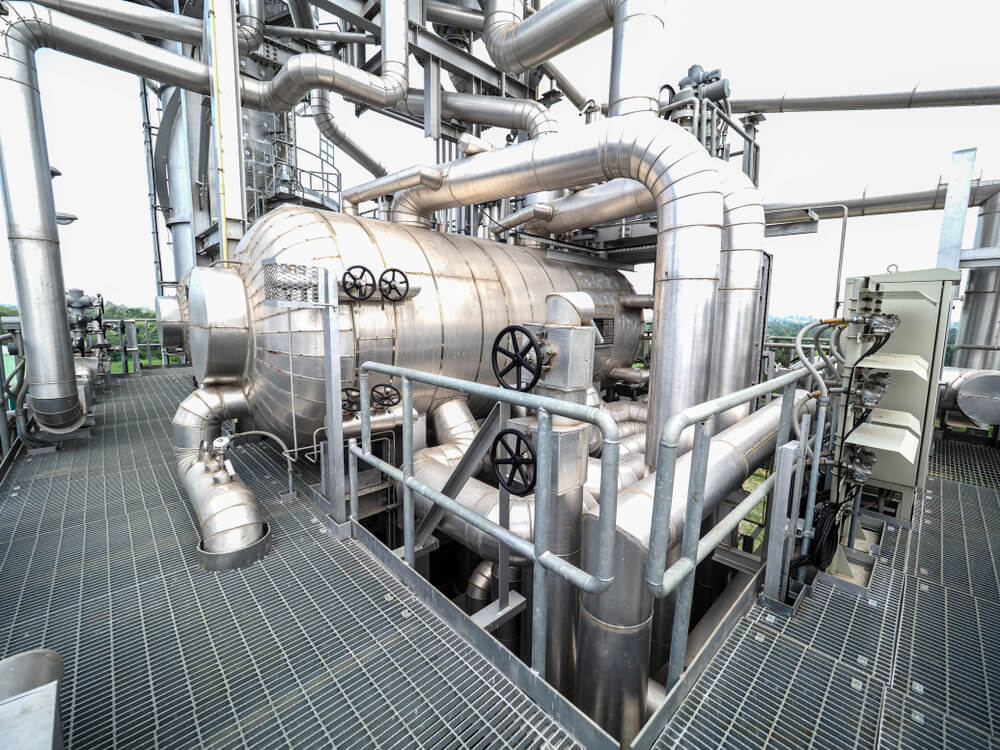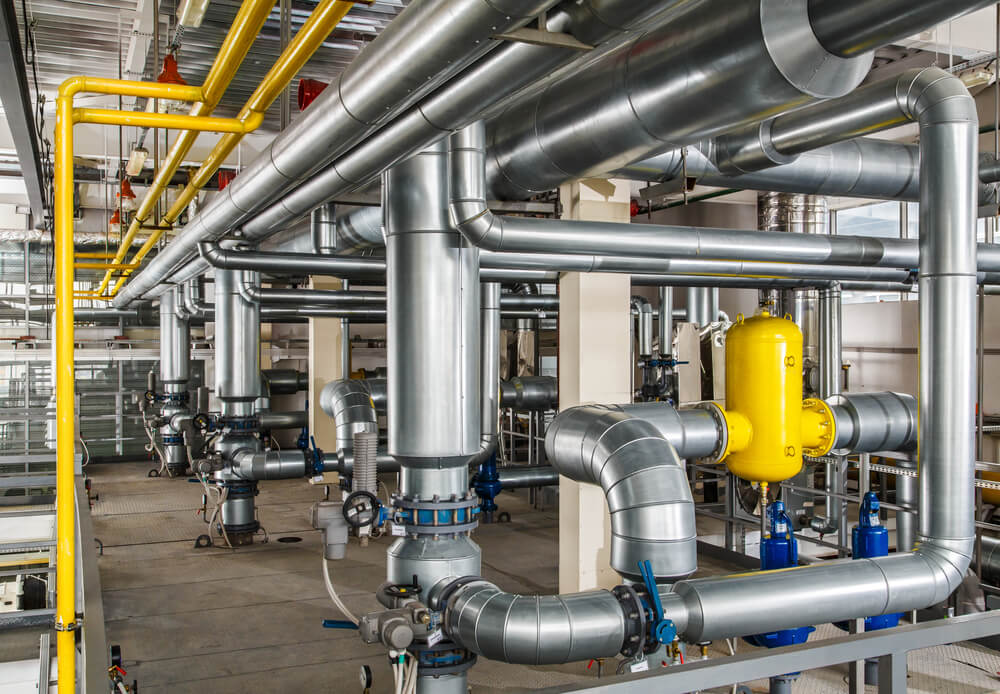Steam boilers are an essential component of many residential, commercial, and industrial heating systems. They are reliable and efficient sources of heat, but they can experience problems that can affect their productivity and longevity. In this comprehensive guide, we will discuss the most common problems and troubleshooting tips for steam boilers.
Common Problems and Troubleshooting Tips for Steam Boilers
 Steam boilers are used to generate steam for heating, power generation, and industrial processes. They are reliable and efficient sources of heat, but they can experience problems that can impact their productivity and longevity. Common problems include low water levels, pressure buildup, burner malfunction, poor water quality, and system leaks. Continue reading as we discuss these problems and provide tips on how to troubleshoot them.
Steam boilers are used to generate steam for heating, power generation, and industrial processes. They are reliable and efficient sources of heat, but they can experience problems that can impact their productivity and longevity. Common problems include low water levels, pressure buildup, burner malfunction, poor water quality, and system leaks. Continue reading as we discuss these problems and provide tips on how to troubleshoot them.
Low Water Levels
Low water levels in the steam boiler can cause damage to the system or, even worse, a boiler explosion. If the water level falls below the recommended level, the boiler’s heating surfaces can become exposed to intense heat, resulting in damage or even a catastrophic failure. To avoid this, ensure that the water level in the boiler is regularly checked and maintained at the appropriate level.
Pressure Buildup
If the pressure builds up too much in the steam boiler, it can lead to damage, leaks, and even an explosion. High pressure can occur due to blocked vents or valves, malfunctioning pressure regulators, or the heating system working at higher power than necessary. It is essential to monitor the steam pressure and check for leaks or other factors that could be contributing to the buildup.
Burner Malfunction
A failed burner can lead to an interruption in the operations of your steam boiler, which can halt your heating system’s operations. If the flame is not igniting or is weak, check and clean the burner’s nozzle, fuel delivery system, or ignition electrodes if you are using electronic ignition.
Poor Water Quality
Poor water quality can damage the steam boiler system, reducing its efficiency and causing extensive damage. It can lead to corrosion, scaling, and other problems that can impact the boiler’s performance. To avoid this, ensure that the water fed into the system is of high quality and conduct regular water tests as recommended by the manufacturer.
System Leaks
Steam boilers can experience water or steam leaks that can impact the heating system’s efficiency and cause system failures. Address any leaks immediately to avoid causing damage to your steam boiler system.
Troubleshooting Tips for Steam Boilers
While it is recommended to contact an experienced technician to diagnose and repair any problems you might be facing with your steam boiler system, here are some tips that can help you troubleshoot common issues:
Check the water levels
Check the water level in the steam boiler regularly and maintain it at the appropriate level. Low water levels can result in severe damage to the boiler and could lead to catastrophic failures.
Clean the system regularly
Regular cleaning of your steam boiler is essential for maintaining its efficiency. The buildup of dirt, debris, and scale can reduce the boiler’s effectiveness, resulting in higher energy costs. Cleaning should be done as recommended by the manufacturer.
Monitor the Pressure
Monitor the steam pressure regularly and check for leaks or other factors that could be contributing to the buildup.
Clean and Maintain Burners
Clean and replace the burner nozzles and electrodes regularly, as recommended by the manufacturer.
Maintain Water Quality
Ensure that the water fed into the system is of high quality, conduct regular water tests as recommended by the manufacturer, and use chemical treatments if necessary to combat corrosion and scaling.
Fix Leaks Immediately
Address any steam or water leaks immediately to avoid causing damage to your steam boiler system.
Why Preventive Maintenance Is Important
Preventive maintenance is essential to ensure that your steam boiler system runs at peak performance. Regularly scheduled maintenance helps identify issues before they become serious problems and can significantly reduce the risk of breakdowns, increasing the life expectancy of the system. It also ensures that your steam boiler system meets all safety requirements, resulting in a safe and efficient operation. Additionally, preventive maintenance can help reduce costly energy bills. By maintaining your steam boiler system with regular inspections and cleaning, you can save money on energy costs over the long term. If you continue to have problems, it may be time to replace the steam boiler.
Let Us Help With Steam Boiler Problems
Regular maintenance and inspections are crucial to ensure the efficiency and longevity of steam boiler systems. Keep a checklist and regularly monitor the various components, such as water levels, pressure, and burner functionality. Monitor both the water quality and the steam produced to avoid scale or corrosion.
Contact Lindberg Process Equipment today to learn more about our steam boiler solutions and how our team of experts can help you with your boiler-related needs.





